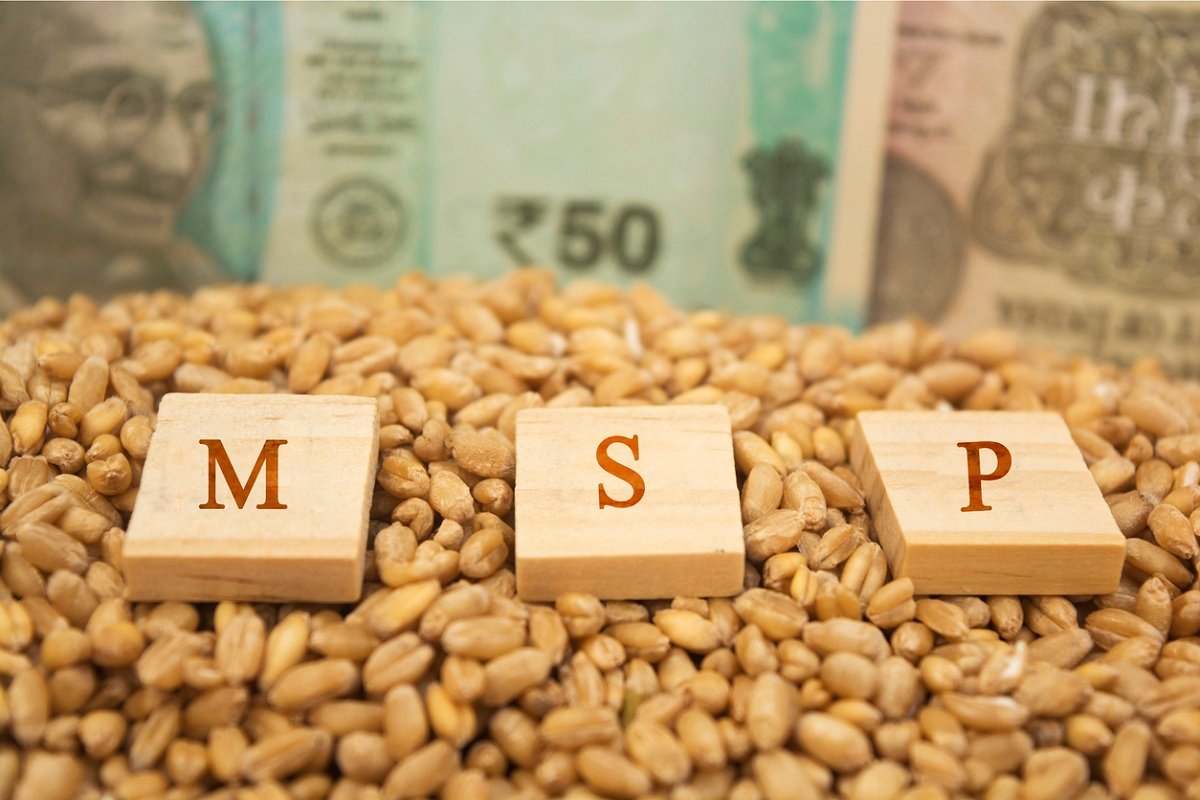Introduction
The Minimum Support Price (MSP) is a critical policy tool in many countries, including India, aimed at providing price stability and income security to farmers. It is designed to ensure that farmers receive a fair and remunerative price for their crops. However, the question of whether MSP is genuinely beneficial to farmers has been a subject of debate and scrutiny.
The Pros of MSP for Farmers
Price Stability:
MSP offers price stability by setting a floor price for agricultural commodities. This reduces the risk of price fluctuations in the market, ensuring that farmers receive a minimum guaranteed price for their produce.
Income Security:
MSP provides a safety net for farmers, assuring them of a minimum income for their efforts. This income security can help farmers plan their finances, invest in better farming practices, and reduce their vulnerability to market volatility.
Risk Mitigation:
Agriculture is highly susceptible to various risks, including weather conditions and pests. MSP can act as a risk mitigation strategy, ensuring that farmers do not face significant losses even in challenging years.
Credit Access:
When farmers can guarantee a minimum price for their crops through MSP, they are more likely to secure credit from financial institutions. This access to credit can help them invest in modern technology, seeds, and equipment to enhance their productivity.
Food Security:
MSP supports the production of essential food crops, contributing to national food security. A steady supply of staple crops helps stabilize food prices and ensures an uninterrupted food supply for the population.
The Cons of MSP for Farmers
Limited Coverage:
The MSP system in many countries, including India, primarily covers a few crops, leaving many farmers growing other crops without price support. This can create disparities among farmers and crops.
Procurement Bottlenecks:
In some cases, the procurement and distribution system for MSP crops may have bottlenecks and inefficiencies. Delayed payments and issues with storage and transportation can affect farmers’ trust in the system.
Market Distortions:
Critics argue that MSP can distort market dynamics by encouraging the overproduction of supported crops. This oversupply can sometimes lead to surplus stocks, which the government must purchase and manage.
Resource Misallocation:
The focus on MSP crops can lead to resource misallocation, with farmers opting for crops covered by MSP even if they may not be the best fit for their region or the environment.
The burden on Government:
Governments often bear the financial burden of implementing MSP, which can strain public finances. This can limit the government’s ability to invest in other critical areas of agricultural development.
Conclusion
The debate over whether MSP is beneficial to farmers is complex and context-specific. While MSP provides income security and price stability, it is not without its challenges, including limited coverage and market distortions. The effectiveness of MSP largely depends on how well it is implemented, the crops it covers, and the support systems in place.
To truly benefit farmers, MSP should be part of a broader agricultural policy framework that includes investments in infrastructure, technology, market access, and farmer education. Additionally, reforms that address the shortcomings of the MSP system and promote diversified and sustainable agriculture can help strike a balance between price support and overall agricultural development. Ultimately, the effectiveness of MSP in benefiting farmers depends on how well it aligns with the broader goals of agricultural sustainability, income enhancement, and food security.

